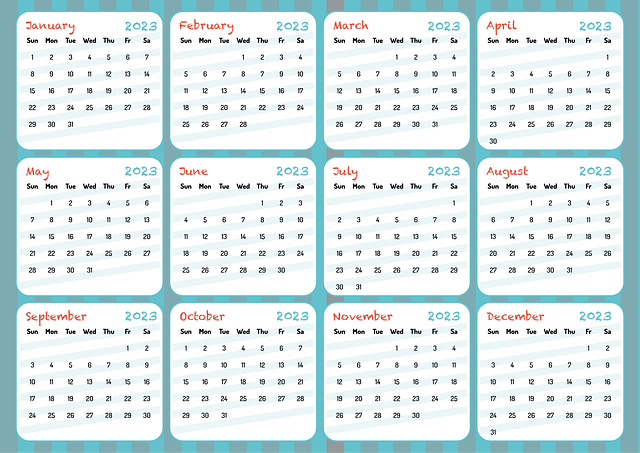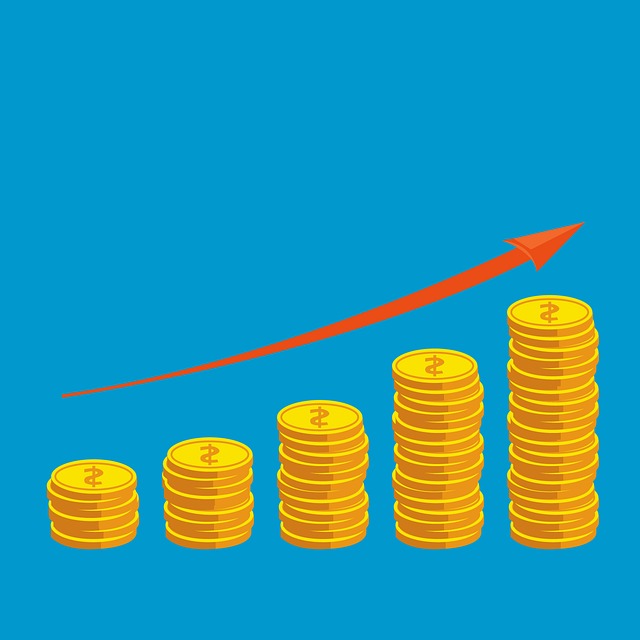The Financial Independence Retire Early (FIRE) movement offers a compelling alternative to traditional retirement by focusing on achieving financial freedom and early departure from the workforce. To succeed, individuals must adopt strategic savings, investing, expense management practices, and prioritize self-care to avoid burnout. This includes meticulous budgeting, diversifying investments, paying off high-interest debt, building an emergency fund, and exploring multiple revenue streams. Mentorship, continuous learning, and adaptability are key to refining retirement plans and ensuring sustainability.
“Escape the rat race and embrace a life of financial freedom and early retirement—it’s not just a dream but a feasible reality. This comprehensive guide explores the path to achieving Financial Independence and Retiring Early (FIRE) from burnout. We’ll delve into understanding FIRE, recognizing signs of burnout, and crafting a strategic plan.
From building a robust financial foundation to mastering expense reduction, you’ll discover actionable steps to take control of your future. Mentorship, continuous learning, and adaptability are key to long-term success on this transformative journey towards a fulfilling retirement.”
- Understanding Financial Independence and Early Retirement (RE)
- Identifying Burnout Signs and Causes
- Building a Solid Financial Foundation for RE
- Creating a Comprehensive Plan to Achieve RE
- Strategies for Reducing Expenses and Increasing Savings
- Mentorship, Learning, and Adjusting for Long-Term Success
Understanding Financial Independence and Early Retirement (RE)

Achieving Financial Independence and Retiring Early (FIRE) is a movement gaining traction among individuals seeking an alternative path to traditional retirement. FIRE isn’t just about leaving the workforce; it’s a state of mind and a financial goal that empowers people to live life on their terms. The core concept revolves around saving, investing, and strategically managing finances to become financially independent, enabling one to retire early from burnout or any other compelling reason.
This approach encourages individuals to take control of their financial destiny by reducing expenses, maximizing savings, and making strategic investments. By doing so, they aim to build a nest egg that generates enough passive income to cover living expenses without the need for active employment. Retiring early offers the freedom from stressful work environments, allowing individuals to pursue passions, spend more time with loved ones, or embark on new adventures free from burnout’s grip.
Identifying Burnout Signs and Causes

Burnout is a state of physical and emotional exhaustion that can be a significant barrier to achieving Financial Independence Retire Early (FIRE). Recognizing the signs and understanding its causes is crucial for anyone aspiring to early retirement. Common indicators include persistent fatigue, decreased productivity, cynicism or detachment from work, and increased irritability or anxiety. These symptoms often arise from prolonged exposure to high-stress environments, unrealistic workloads, lack of control over one’s job, or disconnection from personal values.
Many professionals find themselves trapped in a cycle of burnout due to the modern workplace culture that prioritizes long hours and constant productivity. The pursuit of Financial Independence and early retirement requires a conscious shift towards self-care and work-life balance. By identifying burnout early, individuals can take proactive steps to mitigate its effects, such as setting boundaries, negotiating workload, seeking support from colleagues or mentors, and exploring alternative career paths that align with their passions and values.
Building a Solid Financial Foundation for RE

Building a solid financial foundation is the cornerstone of achieving Financial Independence Retire Early (FIRE). This involves meticulous budgeting and saving strategies to ensure a steady stream of income independent of traditional employment. By prioritizing fixed expenses, reducing variable costs, and maximizing cash flow, individuals can create a pool of investable funds that work for them. Diversifying investments across various assets like real estate, stocks, and bonds further mitigates risk and supports long-term growth.
A key aspect of this process is eliminating high-interest debt, such as credit card balances, which can hinder progress. Instead, focusing on paying off debts aggressively while simultaneously building an emergency fund empowers individuals to become financially secure. This solid financial base allows for the exploration of early retirement options with confidence, knowing that the necessary resources are in place to maintain a desired lifestyle without traditional employment.
Creating a Comprehensive Plan to Achieve RE

Achieving Financial Independence and Retiring Early (RE) is a dream for many, but it requires a well-thought-out strategy. The first step is to assess your current financial situation by evaluating your income, expenses, debts, and assets. From here, you can start building a robust plan that aligns with your goals. This involves creating a detailed budget, reducing unnecessary costs, and increasing savings.
Identifying multiple revenue streams and investing wisely are key components of reaching Financial Independence. Diversifying your investments across stocks, bonds, real estate, or even passive income sources like rental properties can accelerate wealth accumulation. Additionally, consider the power of compound interest over the long term. By starting early and consistently reviewing and adjusting your plan, you lay the groundwork for a successful transition to Retire Early and a life free from burnout.
Strategies for Reducing Expenses and Increasing Savings

Achieving Financial Independence and Retiring Early (FIRE) requires a strategic approach to managing your expenses. A key aspect is identifying areas where you can cut costs without compromising quality of life. Start by evaluating your fixed expenses like rent or mortgage, insurance, and utilities. Consider downsizing your living space or negotiating better rates with service providers. Reduce variable expenses such as dining out, entertainment, and impulse purchases by adopting frugal habits. Cooking at home, bringing lunch to work, and opting for free or low-cost leisure activities can significantly reduce monthly outgoings.
Additionally, increasing savings is crucial for reaching FIRE. Automate your savings by setting up regular transfers from your checking account into investment accounts or high-yield savings accounts. Take advantage of tax-advantaged retirement accounts like 401(k)s or IRAs to maximize tax benefits and compound growth over time. Consider side hustles or freelancing to generate additional income, which can be funneled directly towards your savings goals. By implementing these strategies, you’ll not only reduce expenses but also boost your savings, putting you on a faster track toward achieving Financial Independence Retire Early.
Mentorship, Learning, and Adjusting for Long-Term Success

Achieving financial independence and retiring early is a journey that requires mentorship, continuous learning, and adaptability for long-term success. Mentorship plays a pivotal role in guiding individuals toward sound financial practices and strategies to reach their goals faster. A mentor who has successfully retired early can offer invaluable insights into managing finances, investing wisely, and planning for the future without burnout.
Learning is an ongoing process in this pursuit. As markets and economic landscapes evolve, so must one’s investment strategies and retirement plans. Staying informed about changes in taxation, new investment opportunities, and shifts in lifestyle trends ensures that financial independence remains within reach. Adjusting and refining plans based on these dynamics are crucial to maintaining a sustainable path toward retiring early while avoiding burnout from constant stress and uncertainty.
Achieving Financial Independence and retiring early from burnout is a feasible goal. By understanding the principles of FIRE (Financial Independence, Retire Early), recognizing signs of burnout, and implementing strategic financial planning, you can build a secure future free from work-related stress. Remember, it’s never too late to start saving and adjusting your lifestyle towards this empowering transition. With dedication, mentorship, and continuous learning, early retirement becomes more than just a dream—it’s a reality within reach.















